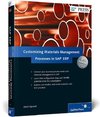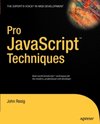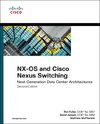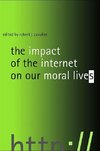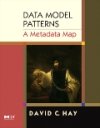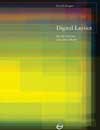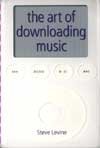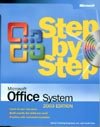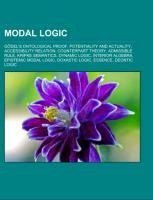
-
 Anglický jazyk
Anglický jazyk
Modal logic
Autor: Source: Wikipedia
Source: Wikipedia. Pages: 79. Chapters: Gödel's ontological proof, Potentiality and actuality, Accessibility relation, Counterpart theory, Admissible rule, Kripke semantics, Dynamic logic, Interior algebra, Epistemic modal logic, Doxastic logic, Essence,... Viac o knihe
Na objednávku, dodanie 2-4 týždne
20.16 €
bežná cena: 22.40 €
O knihe
Source: Wikipedia. Pages: 79. Chapters: Gödel's ontological proof, Potentiality and actuality, Accessibility relation, Counterpart theory, Admissible rule, Kripke semantics, Dynamic logic, Interior algebra, Epistemic modal logic, Doxastic logic, Essence, Deontic logic, Logico-linguistic modeling, Possible world, General frame, Problem of future contingents, Formal ethics, Modal companion, Fiction theory, Two dimensionalism, Rigid designator, Actualism, Contingency, Subjunctive possibility, De dicto and de re, Modal operator, Impossible world, Frege-Church ontology, Accident, Sahlqvist formula, Imperative logic, Autoepistemic logic, Standard translation, Epistemic possibility, Strict conditional, Modal µ-calculus, Logical possibility, Modal depth, Condition of possibility, S5, Provability logic, Barcan formula, Neighborhood semantics, Apodicticity, Hybrid logic, KK thesis, Multimodal logic, Metaphysical necessity, Alethic modality, Non-rigid designator, Guarded logic, Modal algebra, Finite model property, Predicate abstraction, Axiom S5, Impossible event, Classical modal logic, Hennessy-Milner logic, Window operator, Alternating-time Temporal Logic, Normal modal logic, Modal fictionalism, Interpretability logic, Conceptual necessity, Assertoric, Gabbay's separation theorem, Regular modal logic. Excerpt: In philosophy, Potentiality and Actuality are principles of a dichotomy which Aristotle used throughout his philosophical works to analyze motion, causality, ethics, and physiology in his Physics, Metaphysics, Ethics and De Anima (which is about the human psyche). The concept of potentiality, in this context, generally refers to any "possibility" that a thing can be said to have. Aristotle did not consider all possibilities the same, and emphasized the importance of those that become real of their own accord when conditions are right and nothing stops them. Actuality, in contrast to potentiality, is the motion, change or activity that represents an exercise or fulfillment of a possibility, when a possibility becomes real in the fullest sense. These concepts, in modified forms, remained very important into the middle ages, influencing the development of medieval theology in several ways. Going further into modern times, while the understanding of nature (and, according to some interpretations, deity) implied by the dichotomy lost importance, the terminology has found new uses, developing indirectly from the old. This is most obvious in words like "energy" and "dynamic" (words brought into modern physics by Leibniz) but also in examples such as the biological concept of an "entelechy". Potentiality and potency are translations of the Ancient Greek word or (d¿¿aµ¿¿) as it is used by Aristotle as a concept contrasting with actuality. Its Latin translation is "potentia", root of the English word potential, and used by some scholars instead of the Greek or English variants. Dunamis is an ordinary Greek word for possibility or capability. Depending on context, it could be translated "potency", "potential", "capacity", "ability", "power", "capability", "strength", "possibility", "force" and is the root of modern English words "dynamic", "dynamite", and "dynamo". In early modern philosophy, English authors like Hobbes and Locke used the English word "power" as their translat
- Vydavateľstvo: Books LLC, Reference Series
- Rok vydania: 2022
- Formát: Paperback
- Rozmer: 246 x 189 mm
- Jazyk: Anglický jazyk
- ISBN: 9781156082980
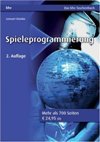
 Nemecký jazyk
Nemecký jazyk 
